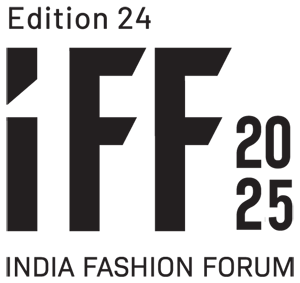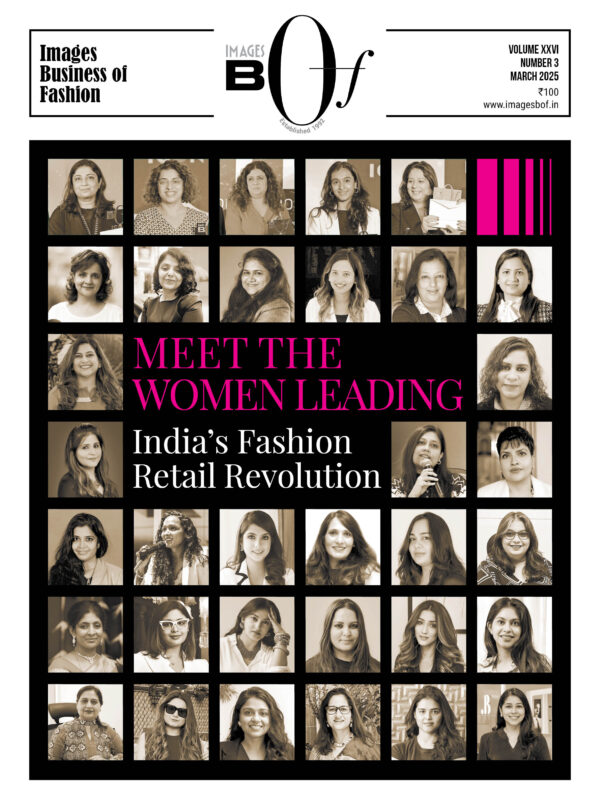The kidswear segment of the Indian apparel market is witnessing remarkable growth, constituting 21% of the market, and is projected to grow at a CAGR of 12.8% from US$ 11.48 billion in 2021 to US$ 38.54 billion in 2031. With approximately 29% of the total population aged between 0 to 14 years, the potential for this market is immense. When it comes to kidswear, sustainability is being considered at every stage, from raw material selection to final product assembly. Brands want their products to appeal to more than just the trendiest consumers.
In the kidswear landscape, several brands are standing out for their innovative approaches to sustainability. These brands are not only addressing environmental challenges but are also setting new benchmarks for ethical production and eco-conscious customer satisfaction.
Here, we explore 7 kidswear brands that are driving sustainability by revolutionising their supply chains, ensuring the use of eco-friendly materials, ethical production practices, and a commitment to quality for environmentally conscious parents:
Angel & Rocket
Kidswear brand Angel & Rocket is increasingly adopting a sustainable approach with products designed in the UK and made in ethical factories around the world. They offer unique and stylish collections for children between the ages of 0-14 years using premium fabric, all while prioritising customer satisfaction through craftsmanship and trendy designs.
Highlighting the urgency of taking a head-on approach towards sustainability in the thriving kidswear industry, CEO S Chendhuran says, “We pride ourselves on being focused on sustainability from day one. We use only fair trade cotton (BCI) and recycled polyester, as well as our courier and other packing materials, shopping bags are as recycled/sustainable as possible.”
Chicco
With its core tenet of building a future for generations to come, kidswear brand Chicco hopes to create a world in which bringing up children is both desirable and sustainable. To accomplish this, it focuses on ethical practices, offering style and innovation alike.
“At Chicco, our commitment to sustainable parenting means a commitment to act responsibly, respecting people and the environment, with an outlook to future generations. Part of our commitment to sustainable parenting includes new textile innovations, making things easy to clean, clear of unnecessary chemicals and comfortable in use,” claims Chicco.
Les Petits
Les Petits stands as a kids luxury brand that aims to create a captivating shopping experience, addressing the needs of both children and their parents. The store showcases a diverse selection of high-end clothing, all within a setting thoughtfully designed for children.
The brand stands out as the premier destination for luxury children’s fashion in India as well as caters to the growing preference of parents for sustainable clothing, aligning its products with eco-conscious values.
“We use organic material that is biodegradable and which breaks down naturally as compared to synthetic material. Millennial parents prefer sustainable clothing, and we cater to their preference,” says Swati Saraf, President, Les Petits.
Mini Klub
Mini Klub specialises in kidswear, offering a wide selection of clothing and baby products. Customers can find apparel for boys and girls, such as t-shirts, tops, rompers, and sleepsuits. It takes an active approach towards sustainability, whether it’s partnering with manufacturers to produce eco-conscious products or ensuring the delivery of sustainable products to its consumers, Mini Klub’s CARE initiative embodies a holistic approach.
“Sustainability is on the verge of becoming a signiȃ cant trend in India. Our brand embarked on this journey quite early, focusing on sustainable practices. We’ve partnered with Indian manufacturers committed to sustainable production. Additionally, we’ve incorporated BCI cotton in select garment ranges, introduced FSC paper for all brand tags, and advocated for E-Billing across our stores. We consistently communicate these eǹ orts to our customers through various channels such as brand tags, emails, in-store communication, and specific social media campaigns,” declares Mini Klub.
PUMA
Within kidswear, PUMA is another brand championing sustainability by introducing ethical production and responsibly sourced materials to prioritise environmental health and promote eco-friendly behaviours through its kidswear range.
“We use BCI cotton in all our apparel products. Apart from that, we also use recycled cotton and recycled polyester across our range,” says PUMA.
Totle Kids
Totle Kidswear, a sustainable fashion brand, is leading the way in kidswear that is both ethical and environmentally conscious. It offers clothes that are both stylish and comfy, using only organic and Fairtrade cotton. It is dedicated to environmentally responsible and ethical production.
Prithvi Nama, CEO, Totle Kids says, “We work with Fairtrade Certified factories, use 100% Fairtrade and Organic Cotton, and maintain transparency in our entire supply chain. Sustainability is a driving force in each step we undertake.”
US Polo
US Polo is another established brand galloping ahead with a sustainability strategy. US Polo is known for offering a wide range of children’s clothing, including casual wear, activewear, and accessories. The brand emphasises quality and style, often featuring classic polo shirts, shorts, and dresses for kids. The brand offers customers products that are made in alignment with sustainable values, emphasising ethical practices in their production process.
“There is a growing demand for sustainable and ethically produced kidswear. Parents are increasingly concerned about the environmental impact of clothing, and we assure them of products made under fair labor practices,” assures US Polo.
These brands climb the sustainability bandwagon in a world where it is becoming a necessity rather than a choice. The kidswear market in India is stepping up to the challenge. As parents increasingly seek out sustainable options, the kidswear industry is proving that fashion can indeed be a force for good.



